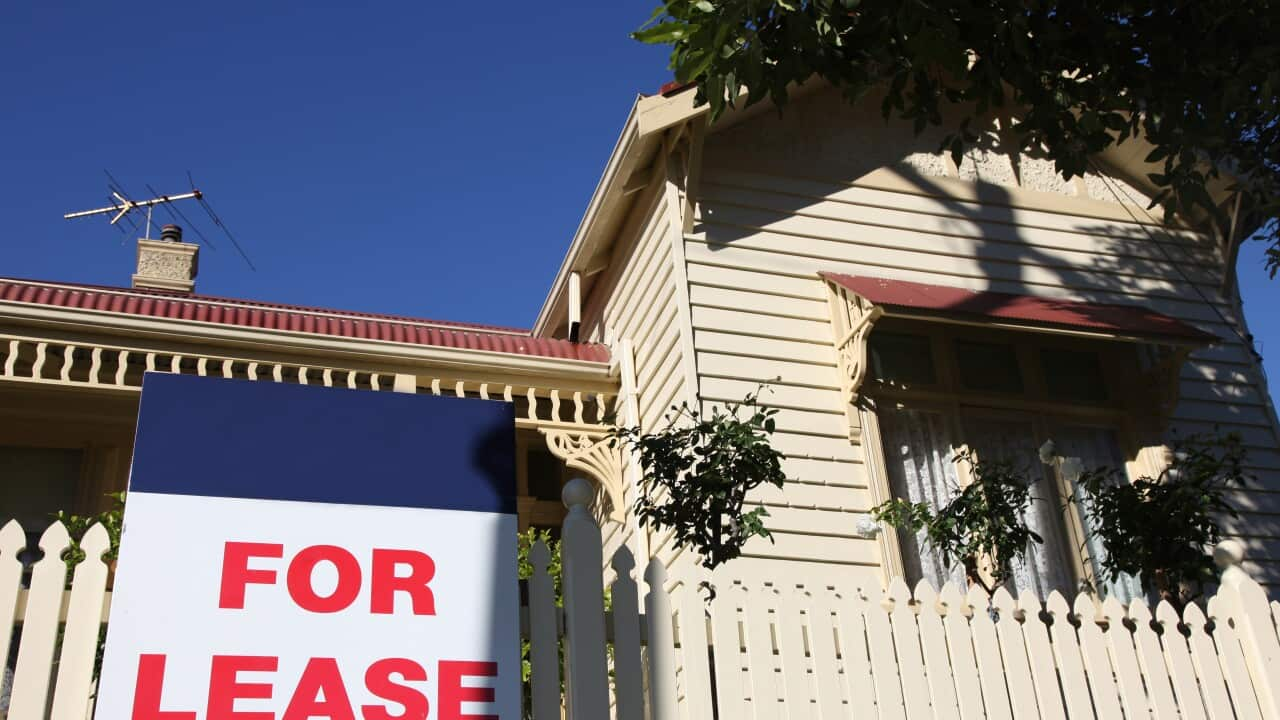Key Points
- The humble granny flat can address Australia's housing supply shortage and rising rents.
- Brisbane, Sydney, and Melbourne could potentially house 655,000 self-contained two-bedroom granny flats.
- Housing Australia forecasts a shortage of 106,300 homes in the next five years, leading to higher prices.
There are hundreds of thousands of possible sites for granny flats in Australia's biggest cities as they struggle to affordably house their growing populations.
Brisbane, Sydney and Melbourne could be home to an extra 655,000 self-contained two-bedroom units, new analysis shows.
Australia has acute housing shortages due to lacklustre new construction, a trend toward smaller household sizes, and a migration boost since borders reopened.
Government agency Housing Australia has forecast an under-supply of 106,300 over the next five years, with a shortage of rentals contributing to sharp increases in prices.
The research by town planning platform Archistar, real estate construction lender Blackfort and analytics firm CoreLogic frames the humble granny flat as part of the solution to Australia's housing woes.
CoreLogic research director Tim Lawless said granny flats presented an immediate and cost-effective opportunity to boost housing supply within existing town planning guidelines.
"For homeowners, the addition of a second self-contained dwelling provides an opportunity to provide rental housing or additional accommodation for family members, while at the same time, increasing the value of their property and potentially attaining additional rental income," he said.
The South Australian government has recognised the value of granny flats as a way to boost rental supply.
The state government passed legislation earlier this month to stop local councils from preventing homeowners from renting granny flats to anyone other than immediate family members.
The new research revealed Sydney as the city with the most suitable sites for granny flats.
Around 242,000 suitable properties were found in the harbour-side city, 230,000 in Melbourne, and another 185,000 in Brisbane.











